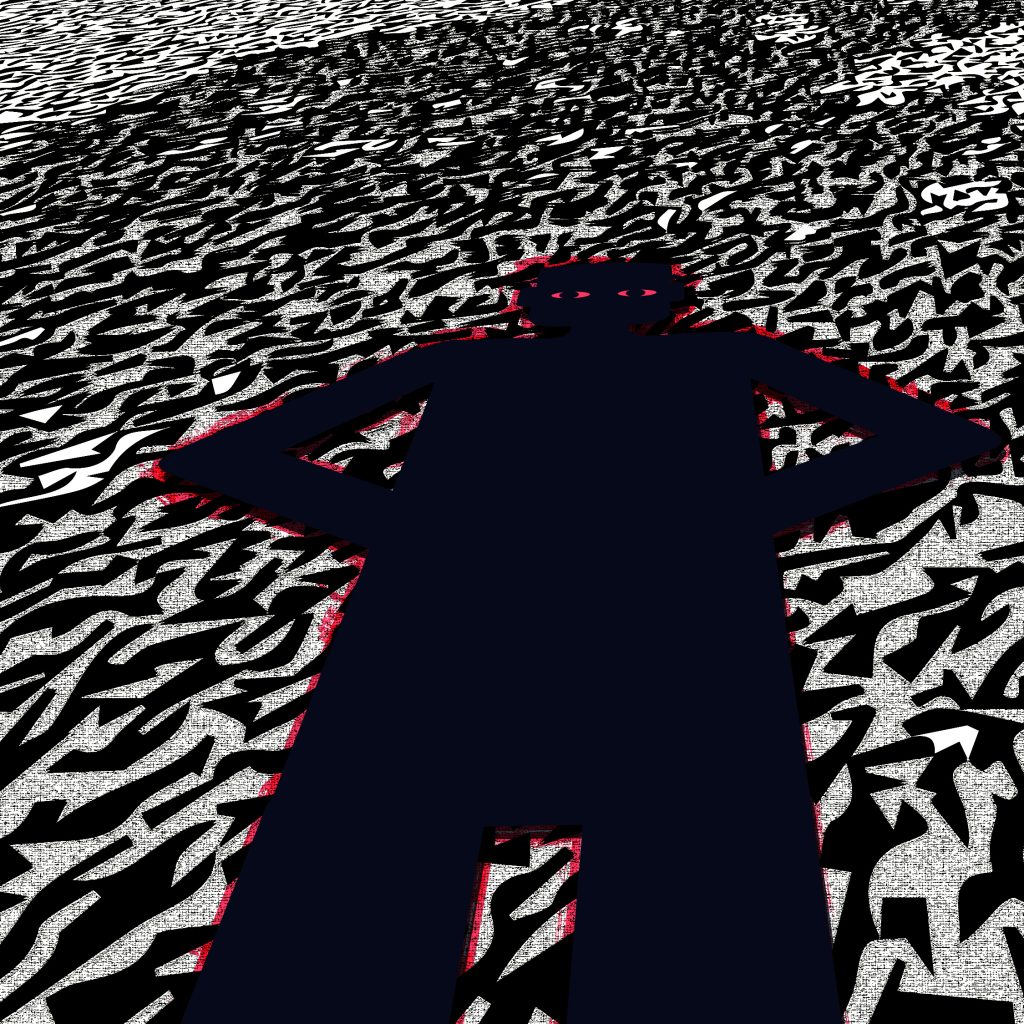Chantel Moore, 26, was an Indigenous woman from Tla-o-qui-aht First Nation in British Columbia. She had moved to Edmundston, New Brunswick, to be near her mother and then six-year-old daughter. Moore was killed at the hands of police during a wellness check.
On November 18, the police found themselves not guilty in the untimely death of Chantel Moore who was shot and killed by RCMP officer Constable Jeremy Son last June.
Commission chair Marc Léger stated in a news release that there was “insufficient evidence” that Son breached the Code of Professional Conduct Regulation.
It was also announced by Edmundston Police Chief Alain Lang that Son will resume his duties as a patrol officer.
Chantel Moore’s mother, Martha Martin, is still looking for accountability in her daughter’s death at the hands of police last year.
In an interview with CBC on November 19, Martha Martin said, “Our lives mean nothing, you know. There’s no accountability. There’s no consequences.”
Martin said that when she first heard the commission’s findings, she was disappointed and then angry.
“This is nothing new to us, you know. We knew that there would be no consequences for his actions,” Martin told CBC.
She continued, “Do we push forward, push harder for police to wear body cams? Should they be allowed to go back to active duty after shooting off their firearm? There’s so much that you want to have changed so that we don’t have any more Chantel Moores or we don’t have any more Rodney Levis, you know?”
Martin said that changes are needed in order to “mend these bridges between policing and Indigenous people” and racialized groups.
A coroner’s inquest is scheduled to begin February 22, 2022, at the Edmundston Convention Centre. Martin hopes that the inquest will deliver some of the answers she’s looking for.
Léger said the commission typically tasks police forces with conducting their own code of conduct investigations, reviews their findings, and gives the final word on any disciplinary actions.
However, while the “investigation” found that Son did not breach the code of conduct, Léger said the investigators found how policies and procedures were followed by the Edmundston Police Force to be problematic.
It was also noted that there were issues with malfunctioning dash cams and microphones. Investigators also said that policy surrounding the reporting of malfunctioning equipment was lacking.
The commission also identified the need for a thorough review on how police respond to calls for wellness checks in New Brunswick.
We recognize and respectfully acknowledge that the operations of the University of New Brunswick’s student publication, The Brunswickan, take place on unsurrendered and unceded traditional territory of the Wolastoqiyik. The territory served by this magazine is covered by the Treaties of Peace and Friendship which the Wolastoqiyik, Mi’kmaq, and Passamaquoddy peoples first signed with the British Crown in 1725. The treaties did not deal with the surrender of lands and resources but in fact recognized the Wolastoqey, Mi’kmaq, and Passamoquoddy title and established the roles for what was to be an ongoing relationship between nations.
The British Crown proved, and continues in its settler-colonial form as the government of Canada to prove, incapable of respecting or honouring these treaties in good faith.
To honour the continuing sovereignty and independence of the Wolastoqiyik and Mi’kmaq, as well as the land and waterways on which The Brunswickan and all of its members and readers depend, we pledge to uplift Indigenous voices whenever and wherever possible. A simple territorial acknowledgement is not enough. We pledge our action, resources, and support, and readily give our space when it is wanted and needed. For more details, contact editor@thebruns.ca




